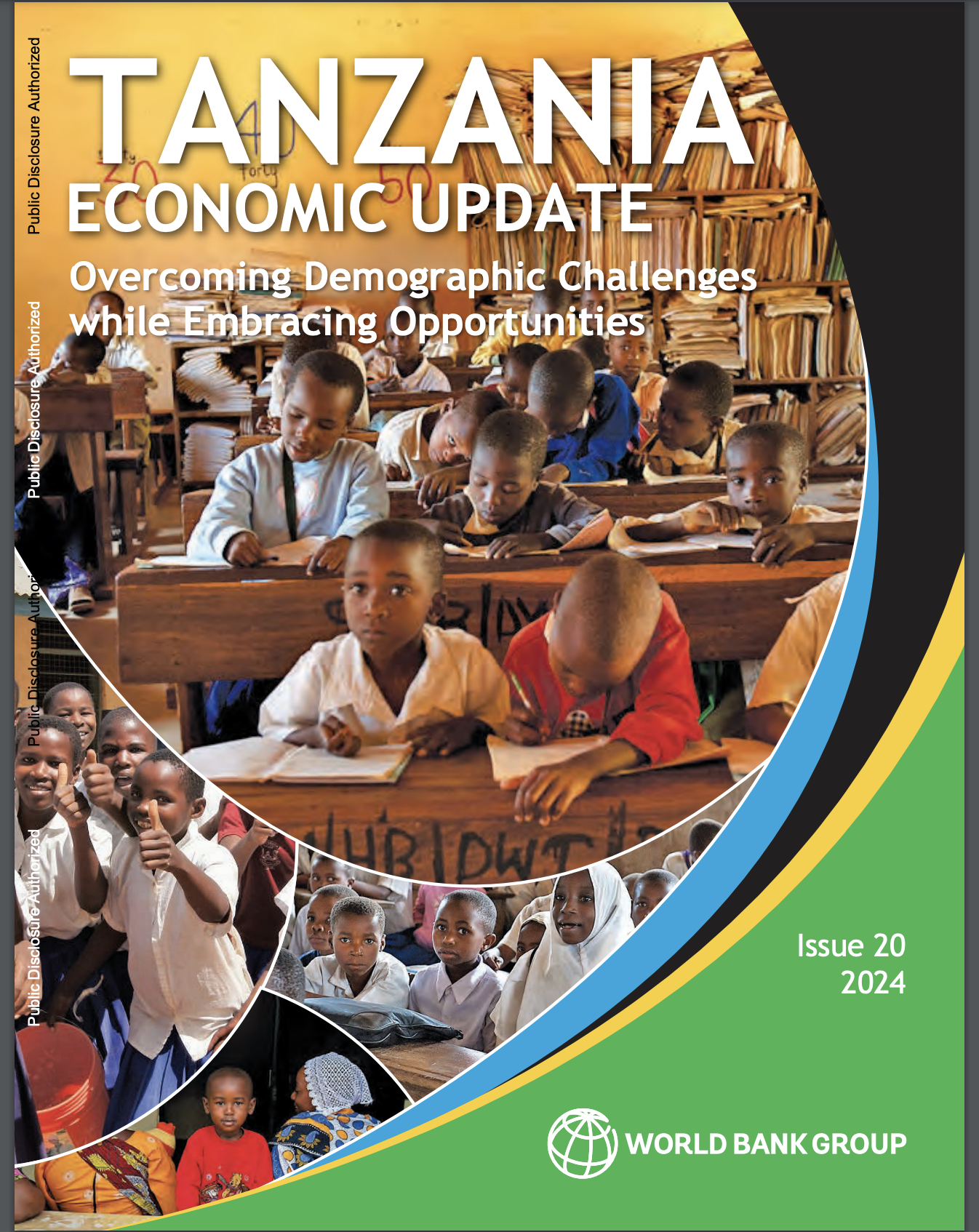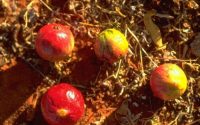PS Mueke Unveils Ambitious Plan to Revolutionize Livestock Farming in Kenya
Charles Muchoki
In a bid to bolster the livestock farming sector and uplift the livelihoods of farmers across Kenya, Livestock Development Principal Secretary Jonathan Mueke has unveiled a comprehensive set of interventions aimed at transforming the industry. Speaking at the Garissa County Joint exhibition organized by the Kenya Dairy Board, Mueke outlined key initiatives designed to create an enabling environment for livestock production and enhance returns for farmers.
Addressing attendees on February 15th, 2024, Mueke emphasized the government’s commitment to supporting livestock farmers by facilitating access to resources and promoting best practices. Central to this effort is the promotion of animal breeding, fodder farming, and value addition, which are essential components for meeting market demand and improving product quality.
Mueke underscored the importance of innovation and modernization in the livestock sector, highlighting initiatives such as disease control measures and the introduction of a farmer insurance program. These measures are aimed at mitigating risks and ensuring the sustainability of livestock farming operations, particularly in regions prone to disease outbreaks and environmental challenges.
Furthermore, Mueke announced the establishment of the Kenya Leather Development Council, a significant step towards harnessing the potential of the country’s leather industry. By facilitating value addition and promoting the export of high-quality leather products, the council aims to create new opportunities for farmers and stimulate economic growth in rural areas.
Recognizing the need to reduce production costs and enhance market access, Mueke also revealed plans to establish regional dairy processing plants closer to farming communities. This strategic move aims to streamline the supply chain and minimize transportation costs, thereby increasing the competitiveness of Kenyan dairy products both locally and internationally.
Accompanying Mueke were key stakeholders from the State Department for Livestock Development, including the CEO of the Kenya Dairy Board, officials from the Kenya Leather Development Council, and representatives from other relevant agencies. The collaborative effort reflects a coordinated approach towards addressing the challenges facing the livestock sector and unlocking its full potential.
In his address, Mueke emphasized the importance of value addition as a means of enhancing farmers’ income and creating employment opportunities. By encouraging pastoralists to diversify their livestock products and embrace advanced value chain approaches, the government aims to empower local communities and stimulate economic growth at the grassroots level.
The exhibition served as a platform for training livestock farmers on best practices in animal husbandry and product marketing. Participants had the opportunity to learn about innovative techniques for improving livestock productivity and optimizing resource utilization, with a focus on sustainability and environmental stewardship.
The initiatives outlined by PS Mueke signal a paradigm shift in Kenya’s approach to livestock development, placing greater emphasis on value addition, technology adoption, and market-oriented strategies. By investing in these critical areas, the government seeks to unleash the full potential of the livestock sector as a driver of economic transformation and rural development.
Looking ahead, stakeholders are optimistic about the prospects for the livestock industry, buoyed by the government’s unwavering commitment to supporting farmers and promoting inclusive growth. With concerted efforts and collective engagement, Kenya is poised to emerge as a leading player in the global livestock market, harnessing its abundant natural resources to build a prosperous and sustainable future for generations to come.


